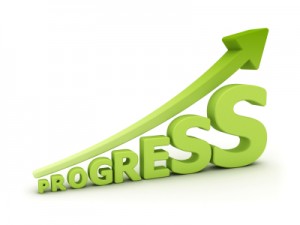The quick fix.
The magic bullet.
The < insert whatever-you’re-trying-to-shortcut > hack.
Sure these can exist. And at times these may be exactly what you need.
They may even do the job you need them to do.
In that moment.
But these results are almost never lasting, specifically when it comes to your health, well-being and fitness.
If you’re looking to drop 10 lbs, sure you can starve and dehydrate yourself, and achieve that end result in just a few short days.
While likely effective, is it safe? Is it healthy? What cost are you willing to pay?
And what happens to your body when you ingest that first glorious meal after the self-imposed drought and famine?
Undoubtedly, you’re weight will rebound very quickly. Your body may even compensate and add more to the mix.
You could potentially be worse off than when you started…the unfortunate start to the all-too-common yo-yo cycle with much bigger emotional ramifications than even physical ones.
How about the injury quick fix?
What if you’re trying to deal with low back pain, or some other injury?
Well, you could pop all the pain pills and use all the icy-hot patches and supportive braces you want, to give yourself temporary, symptomatic relief.
But do any those quick-fixes above address any of the possible underlying pain or injury mechanisms, of which there are many?
Do they take into consideration any of the myriad biopsychosocial inputs that make you a whole person? The different stressors in your life? Your habitual postures or positions? Your emotional states or beliefs? Your physical status?
Or do they address any of the long term habits and behaviors that would allow you to maintain your results, that would allow you to break the repeating cycle of boom and bust?
In my view, the answer is a resounding no.
I’m not suggesting that quick-fixes be abandoned.
In many cases they serve a useful purpose to initiate forward progress, to overcome inertia, and to get the ball rolling.
But they shouldn’t be considered the best course, or a lasting solution. They should be quickly replaced by consistent positive habits and behaviors (mental, physical and emotional) that will build a solid foundation.
This often takes effort. And time. And consistency of that effort over time.
But this often leads to long-term success.
Optimal health. Ultimate performance.

(inside Peak Performance Golf)